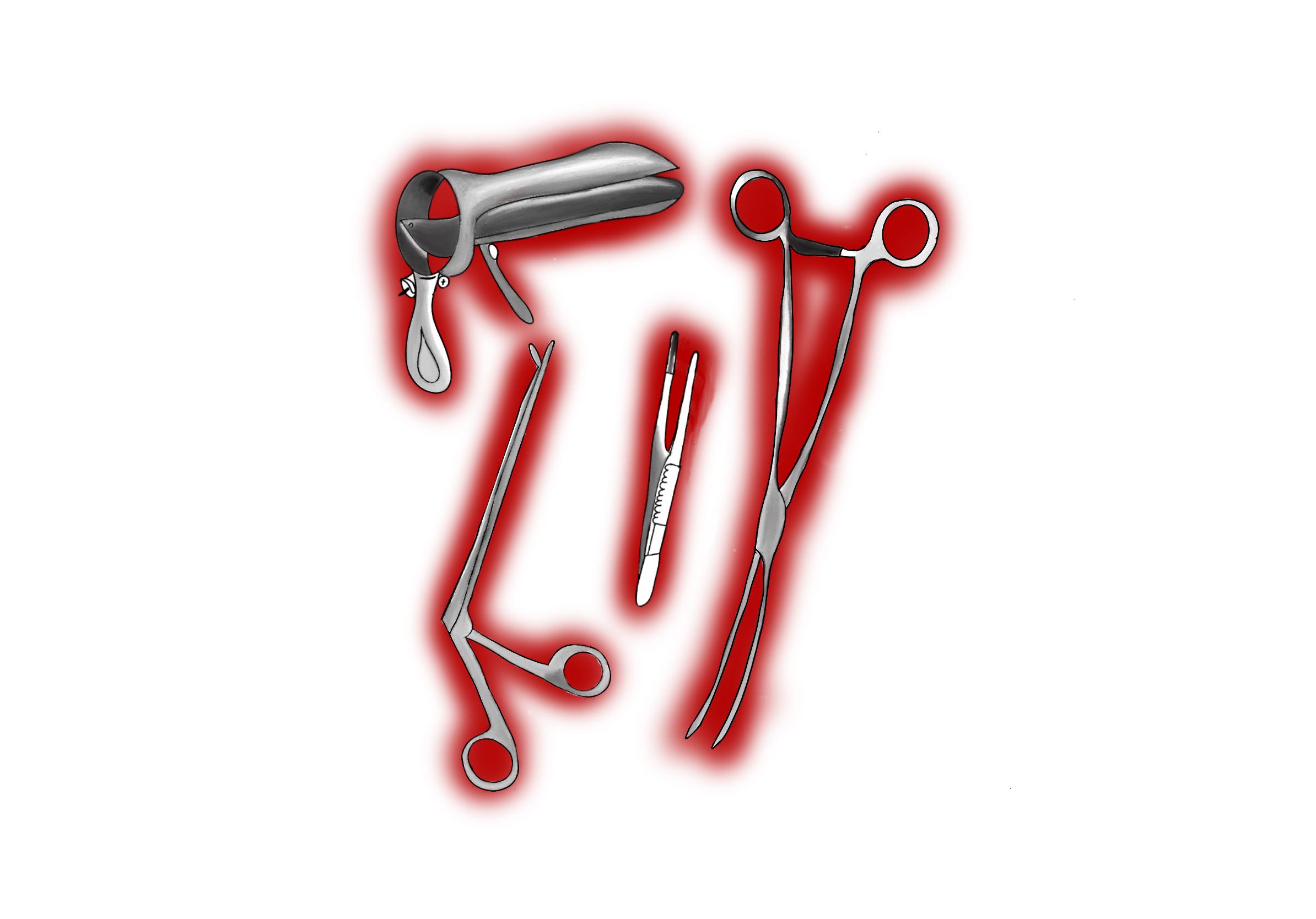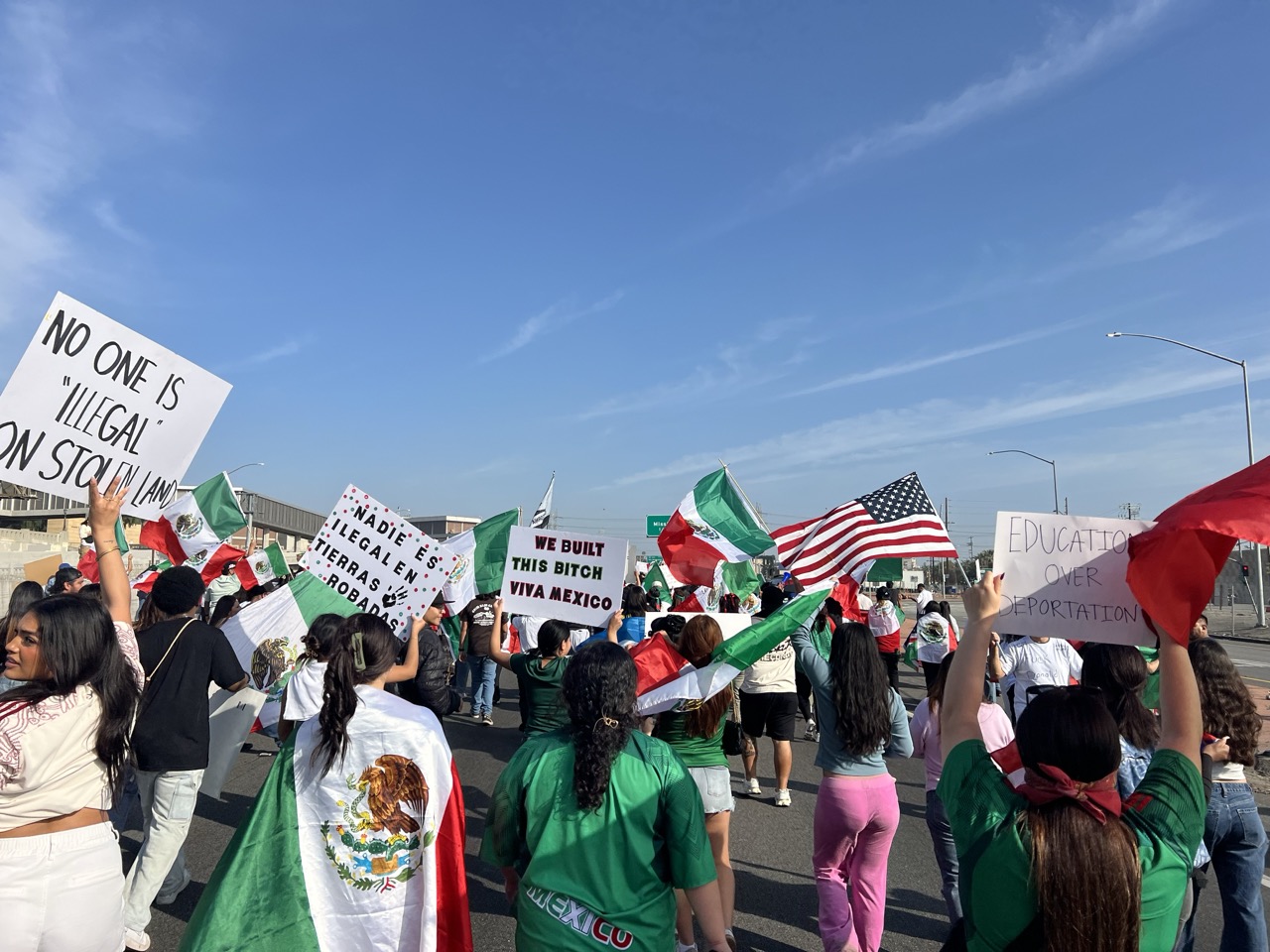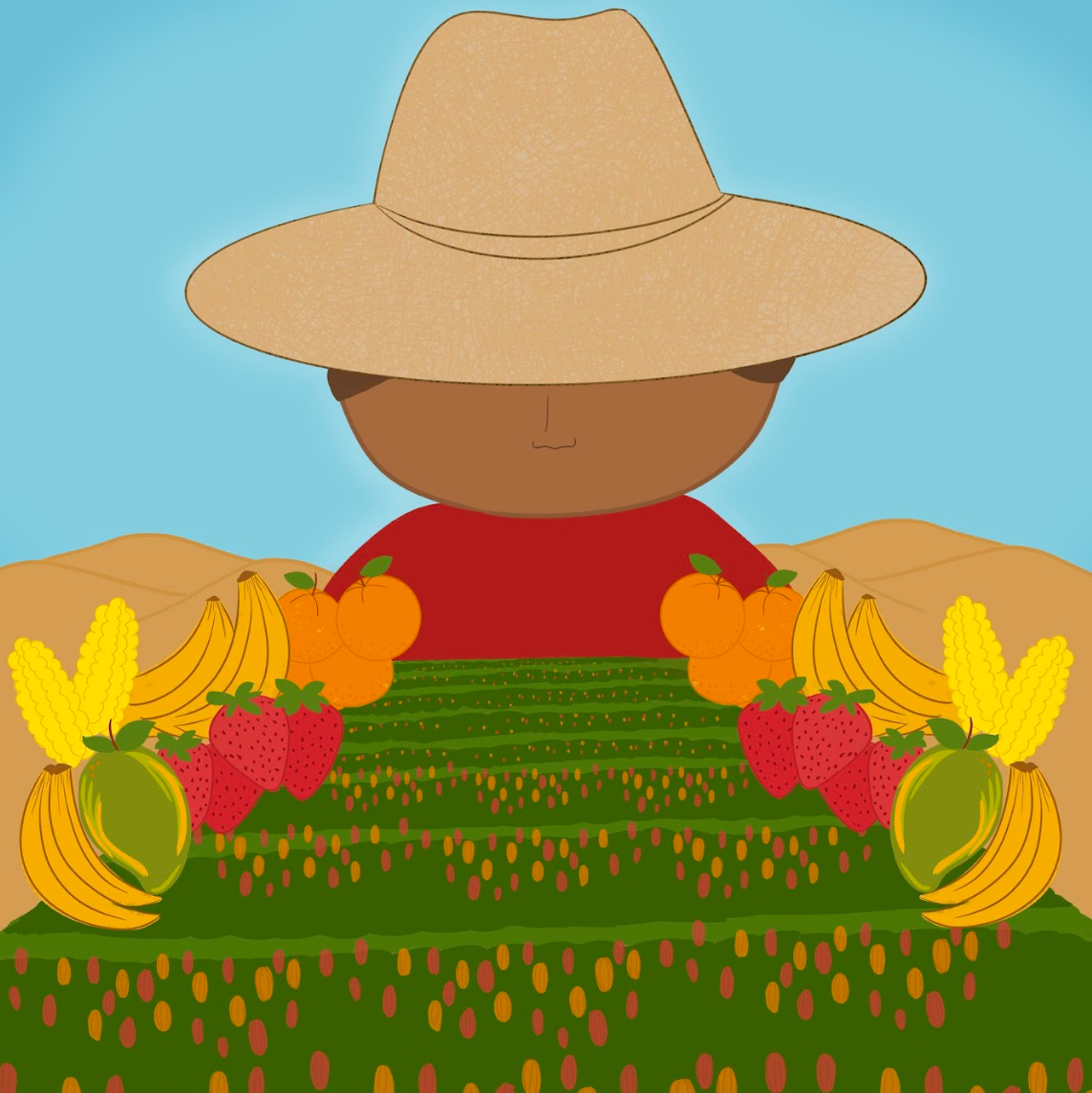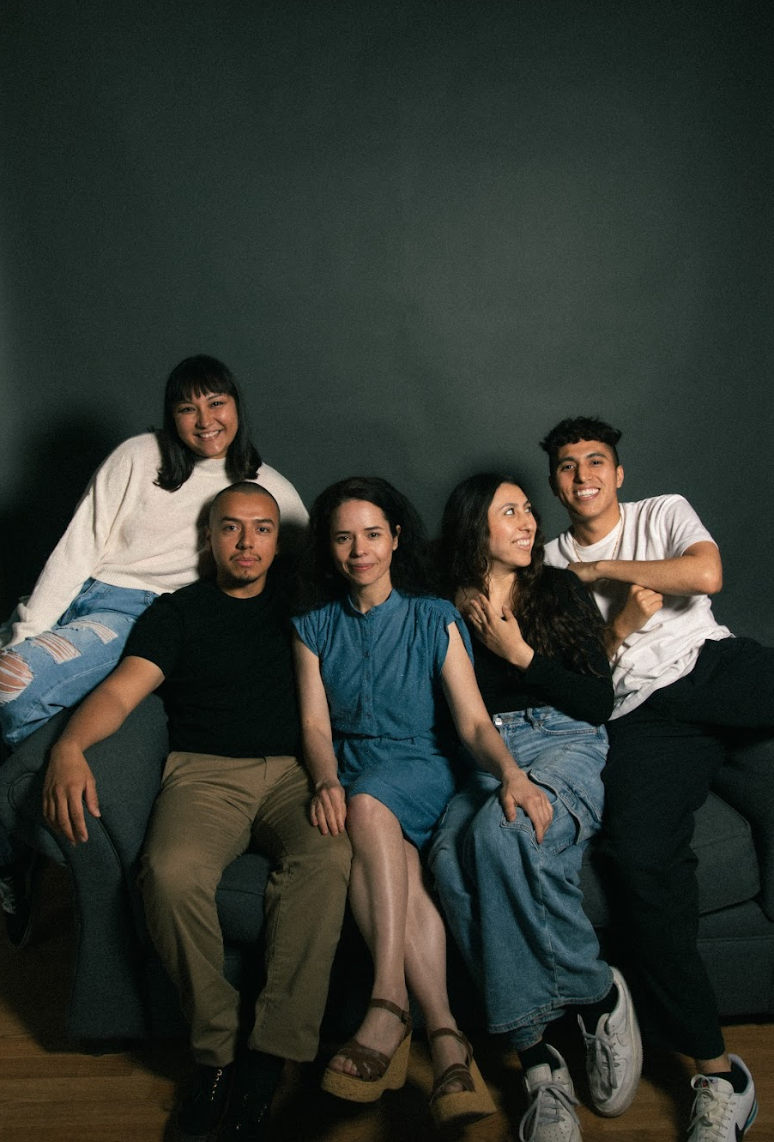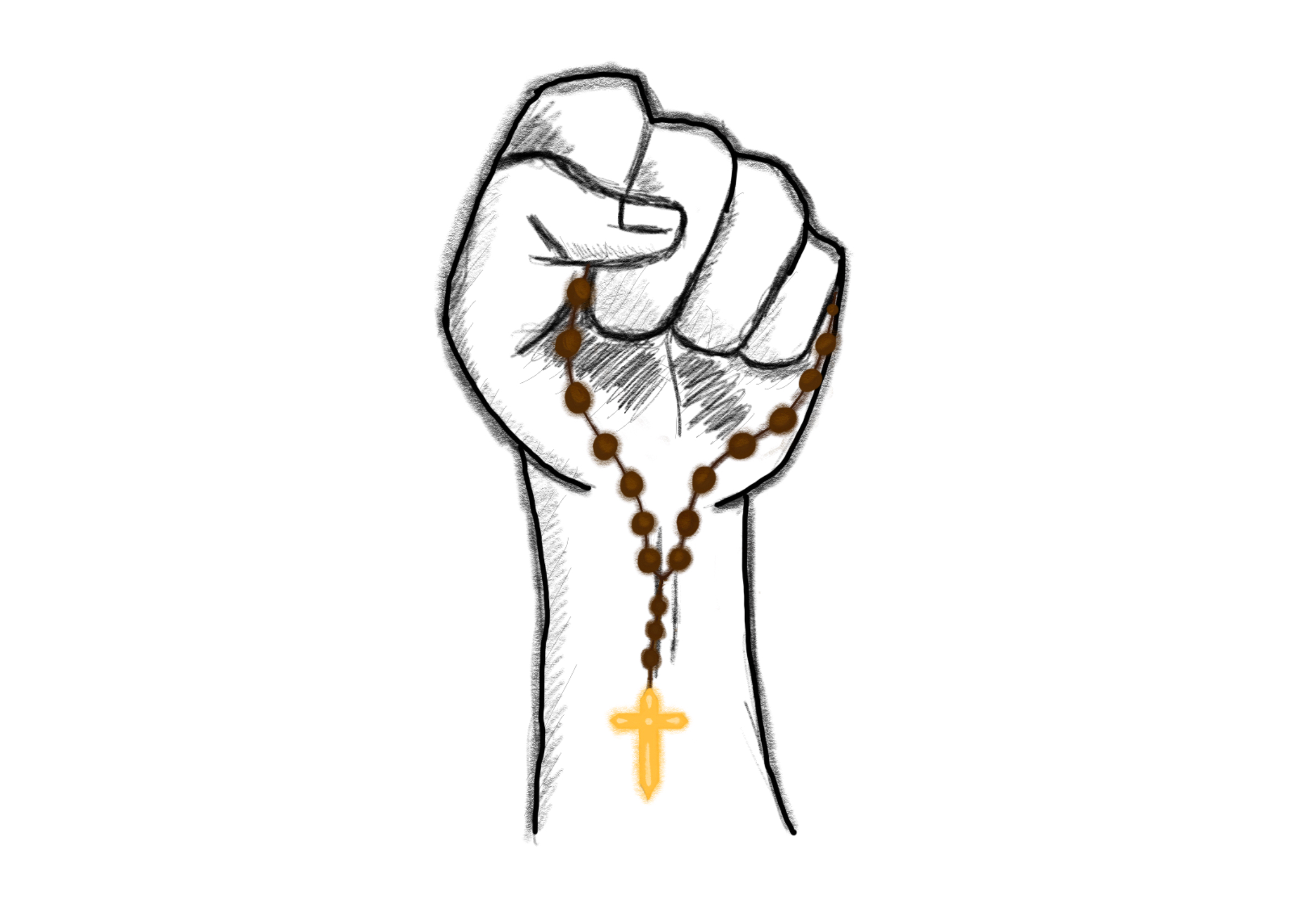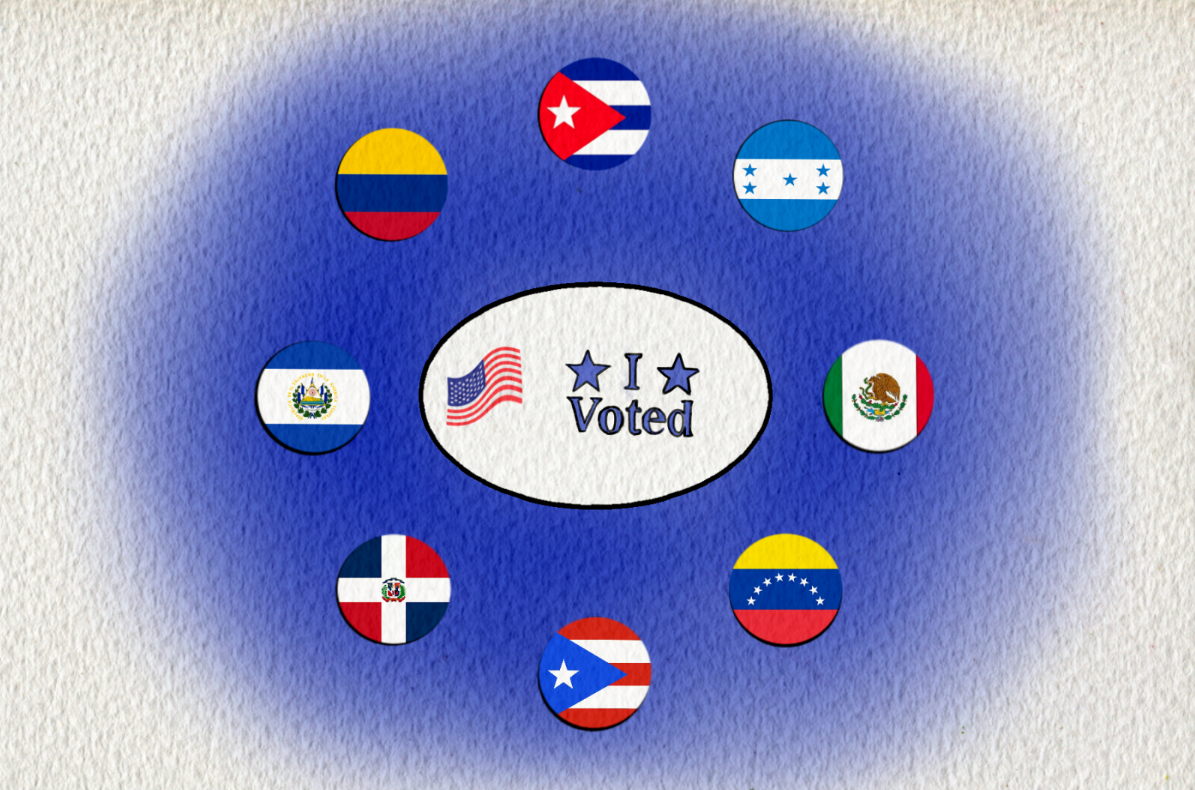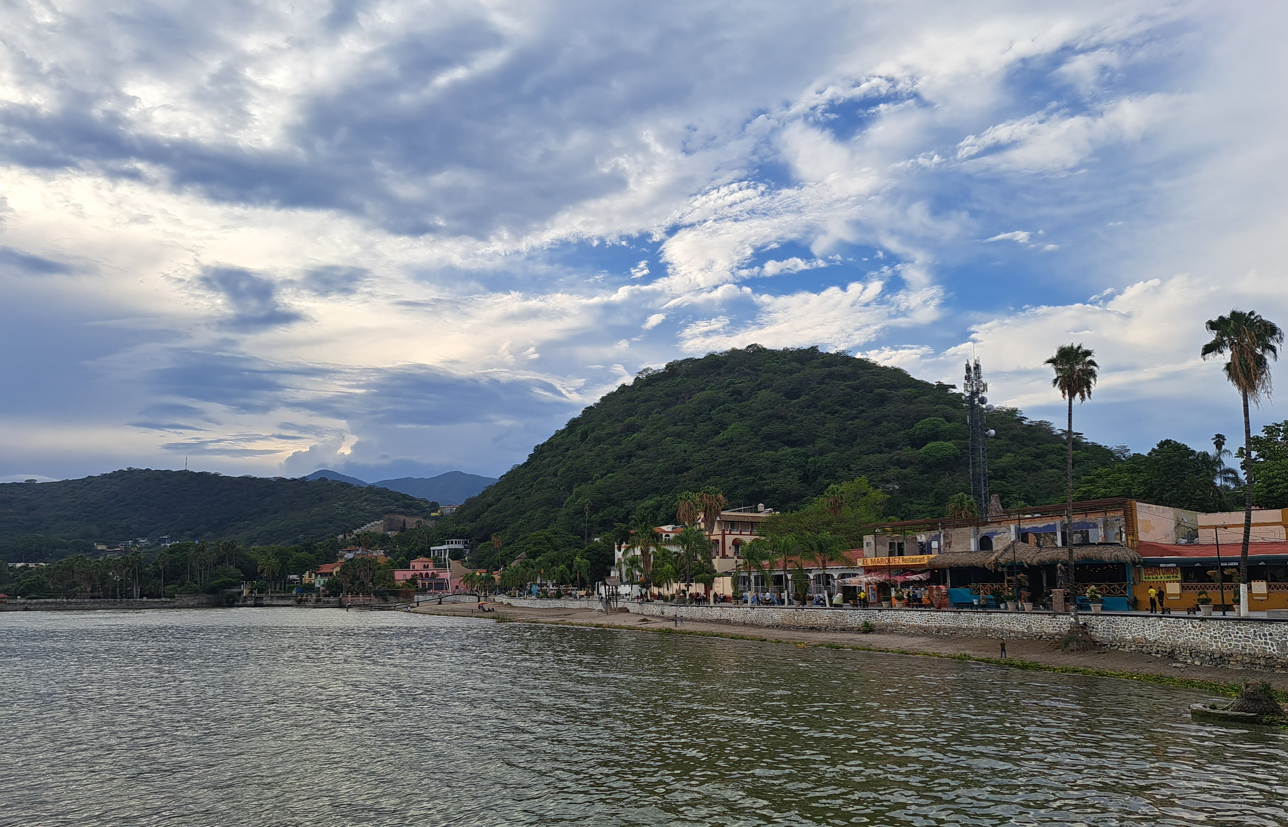An Inside Look at UCLA’s Vietnamese Community Health
At UCLA, the Vietnamese Community Health (VCH) project stands as a shining example of inclusivity, cultural celebration, and impactful service: a student-led organization committed to providing health services to under-resourced communities in Los Angeles and Orange County. Through weekly health screenings, quarterly health fairs, and partnerships with healthcare professionals, the group prioritizes preventative health measures and accessibility.
I had the opportunity to speak with Quỳnh-Anh Nguyễn, a fourth-year Molecular, Cell, and Developmental Biology major, who serves as VCH’s president. Her journey with VCH offers a special perspective on how the organization fosters community, addresses health disparities, and celebrates cultural heritage.
Beyond its community work, VCH promotes an inclusive space for all UCLA students. With no
application process or membership fees, the organization welcomes students from all backgrounds and majors, whether they are pursuing careers in healthcare or in other disciplines. Quỳnh-Anh highlights a distinctive sentiment that sets VCH apart from the typical club application process, emphasizing,“If you want to volunteer, you should be able to volunteer. There shouldn’t be barriers to that.”
Quỳnh-Anh’s story begins close to home in the San Fernando Valley. Growing up as the only Vietnamese student in her high school, she often felt disconnected from peers who shared her cultural background. It wasn’t until she joined VCH at UCLA that she found a space where she could bond with others over similar cultural traditions, such as enjoying a bowl of bún bò Huế. “Coming to UCLA and finding friends to share this culture with really stuck with me,” Quỳnh-Anh shares. This personal connection fuels her dedication to VCH, where she has found both a supportive family and a meaningful mission.
She has applied to medical school, driven by a desire to advocate for under-resourced groups and address systemic health disparities. Her experiences with VCH have solidified her commitment to a career in medicine, where she hopes to make a meaningful impact both one-on-one with patients and at a larger systemic level.
As president, Quỳnh-Anh’s vision for VCH emphasizes strengthening mentorship opportunities. She has been inspired by mentors in her own life, including her older brother and professors, and wants to extend that support to all VCH members. In 2024, VCH launched a member repository, offering resources like textbooks, interview tips, and research guidance. Quỳnh-Anh plans to expand these offerings to include professional workshops, such as Medical College Admission Test (MCAT) preparation and insights into other healthcare fields, like dentistry and optometry. Additionally, she aims to provide transparency about the organization’s operations, helping members understand the intricacies of running health fairs and ensuring their services are effective through opportunities in VCH’s own internship.
For a more involved experience, members are encouraged to join a committee that collaborates on projects focused on learning or improving one of the club’s endeavors. One of VCH’s standout initiatives is its focus on language and cultural inclusivity. The Language Development committee translates resources into English, Vietnamese, and Spanish and hosts language workshops to help members interact with patients in these languages. Quỳnh-Anh said:
“It’s great to see members brave enough to try pronouncing phrases in Vietnamese or Spanish.”
These workshops enhance members’ confidence and help build stronger connections with patients regardless of their initial fluency. Learning words and phrases in other languages to improve communication between volunteers and patients, provides a more beneficial and meaningful interaction for both parties. The organization is also debuting their first cohort of a Vietnamese language learning class, with plans to introduce Spanish classes in the future.
VCH actively works to ensure its services are inclusive and representative of the diverse communities it serves. From choosing specific sites like Asian Garden Mall in order to reach Vietnamese patients, to Del Amo Plaza for the Latine community, VCH tailors its outreach based on community needs. By tracking patient demographics and adapting its approach, the organization continuously improves its impact. Completely run by service-minded undergraduate students, local communities are provided with free health screening services for hypertension, pulse oximetry, vision, and more. This past fall quarter, the club’s efforts were able to reach and serve 123 patients through their health sites. Their last health fair served 215 patients where 20 types of services were provided with the attendance of 124 providers.
When asked for parting advice, Quỳnh-Anh’s emphasizes the importance of both embracing one’s cultural roots while exploring others. “You’ll find there’s more commonality than you might think,” she notes. This sentiment is woven into the fabric of VCH, an organization that not only uplifts communities, but also enriches the lives of its members by broadening their horizons.
For students and community members alike, VCH is more than an organization—it is a family, a cultural bridge for Vietnamese and Latino communities, accepting anyone with the willingness to serve underserved communities. Quỳnh-Anh says it best, “It’s really important to stay true to your cultural roots. Having things like VCH, where we actively promote Vietnamese culture, helps our members stay connected, especially at UCLA. But equally important is learning about other cultures and integrating that into your life. For instance, even this interview feels like a cross-cultural collaboration.”
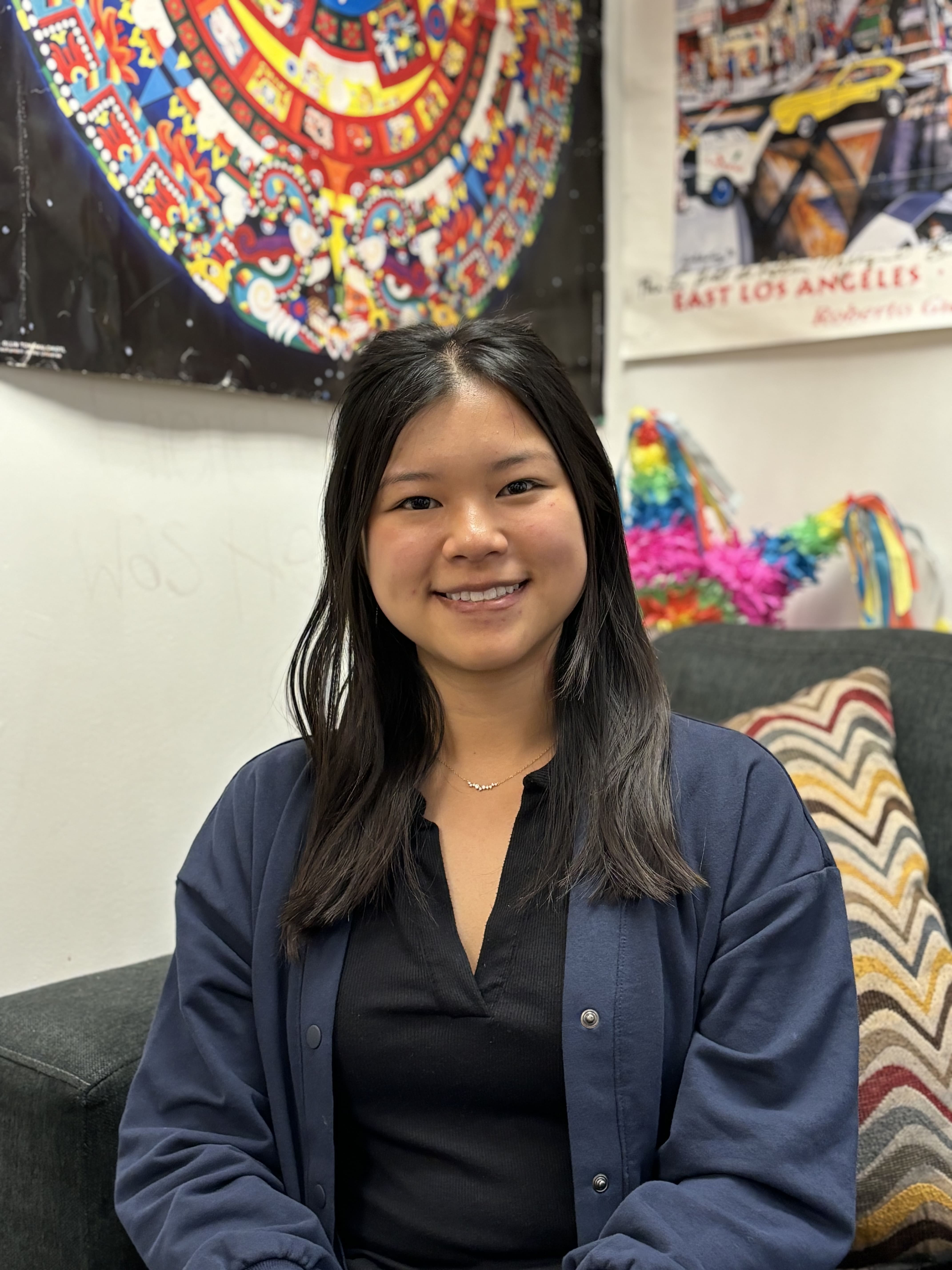
Photograph provided by Jazmin Chavez
“It’s easy to see those values within your own family and think, ‘Oh, these must be Vietnamese cultural values.’ But when you meet new people and approach their cultures with an open mind, you realize those values are universal. This broader perspective can deepen your understanding of the world. Culture shapes our identity, and its nuances are important, but when you look beyond your own, you can see how cultures overlap in meaningful ways. At the core, I believe many cultural values are about humanity—about being a good person. The rest stems from traditions and history, which are beautiful, but those shared values remind us of our common humanity.”


